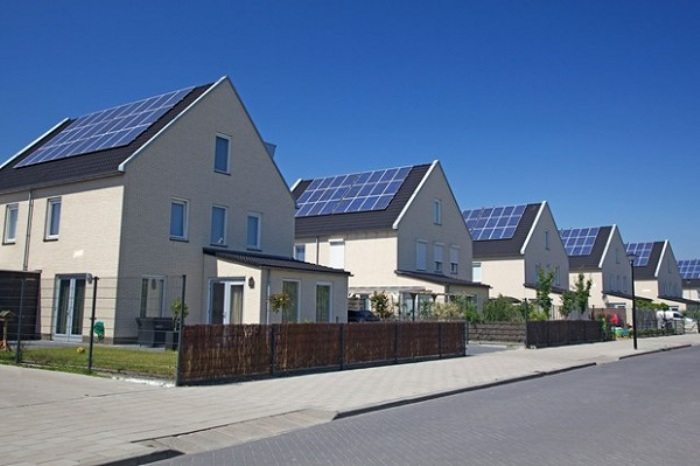The UK and Zambia have signed an Energy Africa Partnership deal, announcing their commitment to speed up the expansion of the household solar market across Zambia.
Also read:World Bank revitalizes solar power in Zambia with 500 MW project
Talking at the signing ceremony at the Ministry of Energy in Lusaka, Bruce Lawson-McDowall, head of the UK Department for International Development (DFID) Zambia said: “The signing of the Energy Africa Partnership Agreement shows the UK’s readiness to support the Government of Zambia as it prioritizes efforts to handle the energy disaster.
We recognize the challenges that Zambia is presently facing with the on-grid energy sector, and the opportunities this presents to open the potential of the household solar market.
“The Energy Africa campaign seeks to secure the policy dedications, technical assistance and financing needed to change the energy access landscape. I believe that Achievement of Global Goal 7 (of access to affordable and clean energy), in Zambia and Africa more largely, is important to eradicating poverty and nurturing sustainable and inclusive growth.”
The declining cost of solar panels, improvements in battery technology and energy efficiency, and the spread of mobile payment systems have jointly formed a new opportunity for the household solar market – as trades are already showing across the continent. This Agreement devotes both parties to work together to exploit this opportunity to boost access to electricity for all Zambians.
The Energy Africa campaign tries to secure the policy dedication, technical assistance and financing needed to change the energy access landscape.
Lawson-McDowall said that the UK is also supporting access to affordable clean energy through hydroelectric power projects such as the Western Power Ngonye Falls project in Western Province. He also strained the need to form the right environment for efficient private sector contribution in the energy sector.
Energy Africa is a movement to hasten the expansion of the household solar market in Africa, helping bring worldwide energy access in the continent forward from 2080 to 2030.
It was established by the UK Department for International Development (DFID) in October 2015, and to date 11 nations have signed Partnership Agreements, including Zambia. The next step will be to agree on the exact areas of support that will be covered under the Partnership Agreement.
Two out of three people in sub-Saharan Africa (600 million) have no access to electricity at home, even though it’s been 150 years since Edison invented the light bulb. On the present trajectory universal electricity access in Africa will not be attained until 2080; the Global Goal 7 is for this objective to be met by 2030.
Without affordable and dependable electricity, social and economic development is radically stifled.
The Energy Africa campaign will consist of the policy support, technical assistance and financing essential to shift off-grid solar in Africa – and in Zambia – from a emerging market to an industry that can help secure global electricity access

Leave a Reply